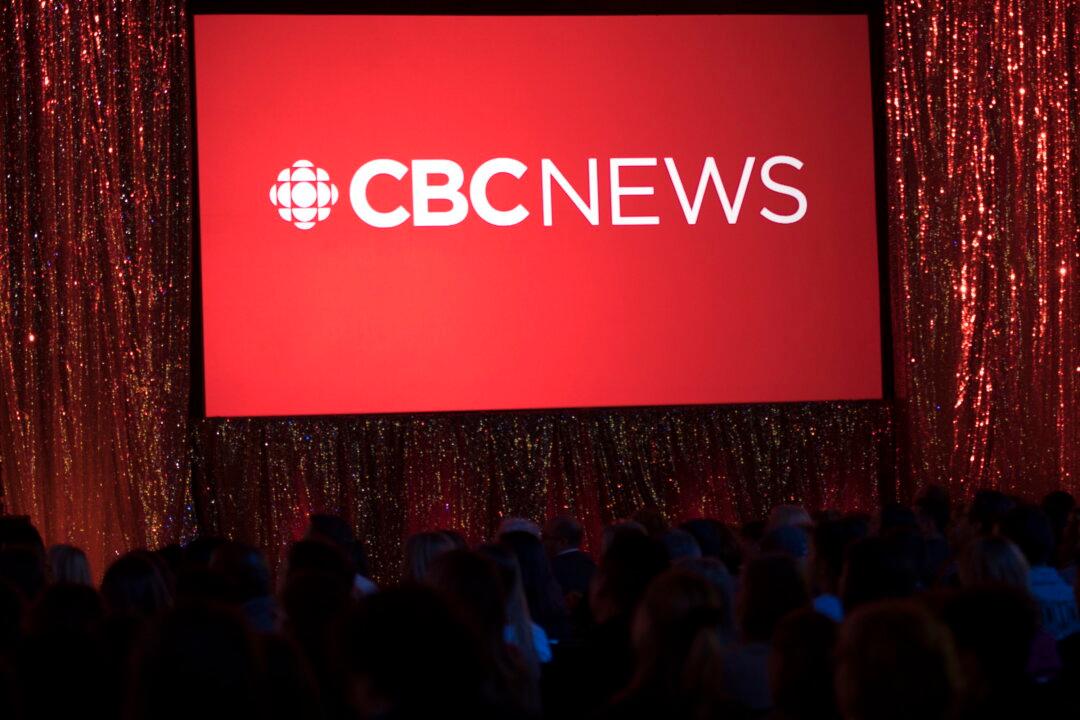The federal government and its agencies have spent $15.8 million buying Canadian Broadcasting Corporation (CBC) advertising since 2019, even as private sponsors left the network.
British Columbia Conservative MP Tracy Gray asked, “How much did each department, agency, or other government entity spend on advertising with the CBC?”





